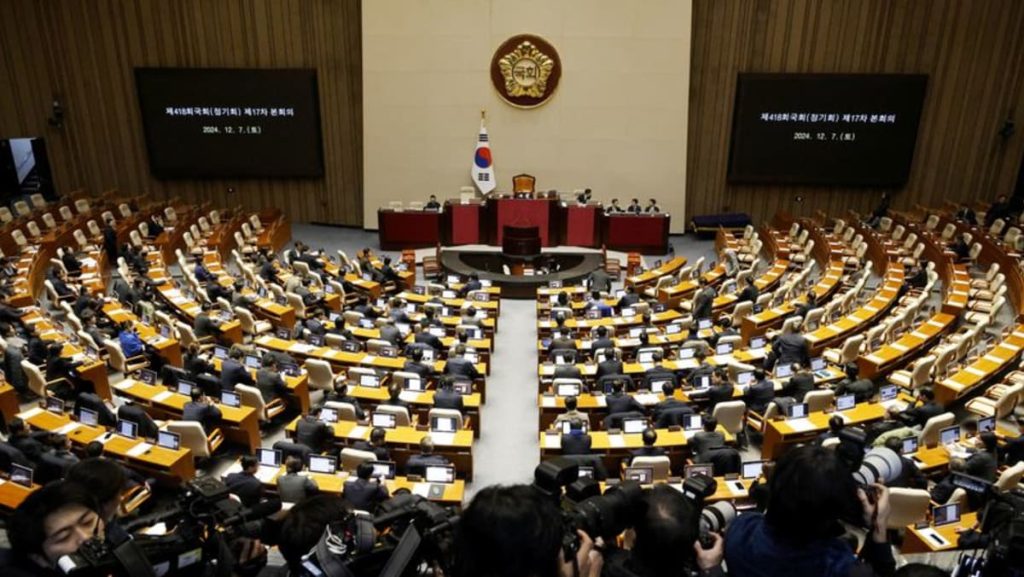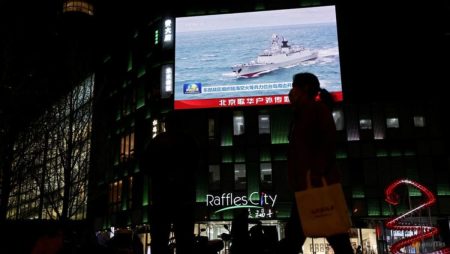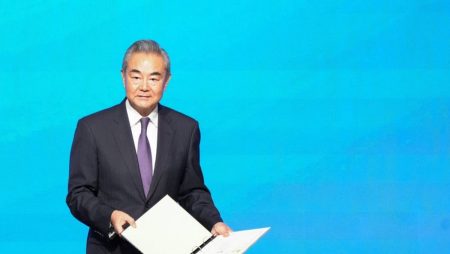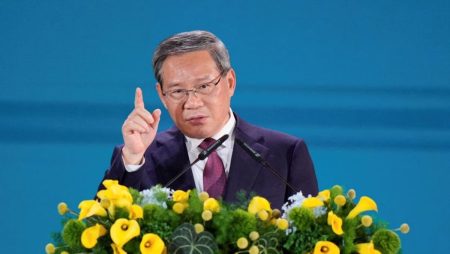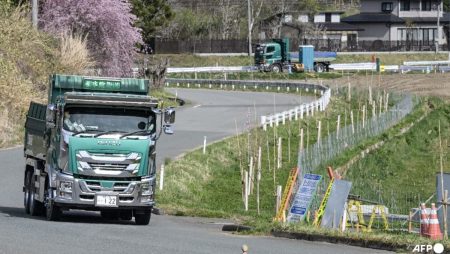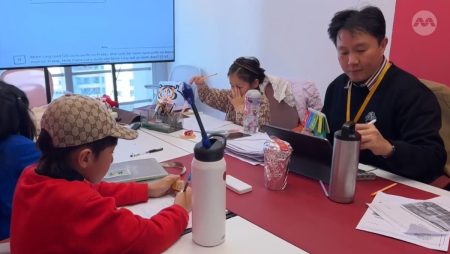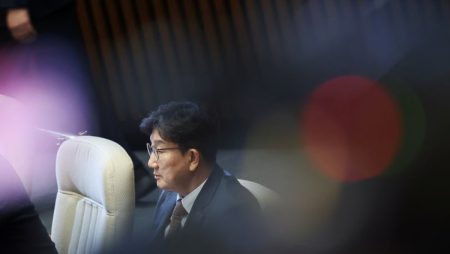South Korea’s political landscape witnessed a significant development on December 10, 2024, as the opposition-controlled parliament passed a revised government budget for 2025. This 673.3 trillion won (US$470 billion) budget, a reduction from the government’s proposed 677.4 trillion won, marks an unprecedented event in South Korean politics: the first time a budget has been passed without the consent of government ministries or bipartisan agreement. The Democratic Party, holding the majority in parliament, spearheaded the budget cuts, citing concerns about excessive reserve funds, interest costs, and allocations to the presidential office, prosecutors, and auditors for classified operations. This move has set off a chain reaction with potentially significant implications for the nation’s economy and political stability.
The unilateral budget cut has sparked strong opposition from the ruling People Power Party and the government. President Yoon Suk Yeol’s administration argues that the reduced budget will hinder essential government functions, hamper the country’s ability to respond to external challenges, and delay crucial policy measures intended to support small businesses and vulnerable populations. The government’s concerns underscore the significant role of fiscal policy in addressing economic challenges and social welfare programs. The budget cuts, according to the government, will create a policy vacuum, disrupting the planned execution of government initiatives and potentially impacting the delivery of essential services.
The passage of the trimmed budget follows a period of heightened political tension, highlighted by President Yoon’s short-lived martial law decree on December 3, 2024. The president cited opposition obstructionism over government budgets as one of the justifications for the decree, a move that triggered a constitutional crisis. While the martial law decree was swiftly rescinded, the incident underscored the deep political divisions within the country and the challenges facing the government in enacting its policy agenda. The budget cut can be seen as a continuation of this power struggle between the executive and legislative branches.
The Democratic Party maintains that the budget cuts were necessary and targeted specific areas of concern. They argue that the government can address any funding shortfalls for essential services through a supplementary budget later in the year. Democratic Party Leader Lee Jae-myung emphasized that the swift passage of the bill aimed to address the prevailing unease and crisis, suggesting a desire to move forward despite the disagreements. Senior Democratic Party lawmaker Park Chan-dae further echoed this sentiment, asserting that any necessary funding for essential public services could be addressed through subsequent budgetary adjustments.
Economists have expressed concerns about the potential negative impact of the reduced budget on South Korea’s economic outlook. The country narrowly averted a technical recession in the third quarter of 2024 amid declining exports and sluggish domestic demand. Economists argue that the reduced government spending could hinder economic growth at a time when expansionary fiscal policies are crucial. Park Sang-hyun, an economist at iM Securities, highlighted the potential for a policy vacuum and the increased likelihood of a supplementary budget in 2025. These predictions suggest potential further economic adjustments and political maneuvering in the coming year.
The economic implications of the budget cut have been quantified by analysts at Citi, who estimate that the opposition’s fiscal spending reduction could lower economic growth by approximately 0.02 percentage points over a year. While seemingly small, this reduction adds another layer of concern to an already fragile economic environment. The Bank of Korea projects South Korea’s economic growth to slow to 1.9% in 2025 and 1.8% in 2026, down from 2.2% in 2024. The budget cut adds another element of uncertainty to these projections, potentially exacerbating the economic slowdown. The ongoing political tensions and the resulting budgetary adjustments are likely to be closely monitored by investors and international observers, adding further complexity to South Korea’s economic landscape.




